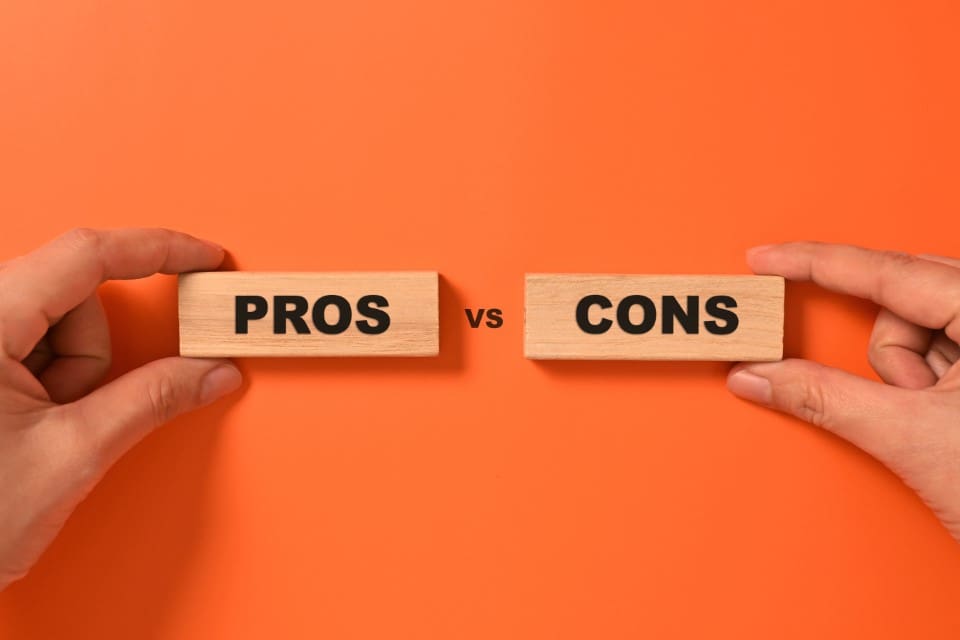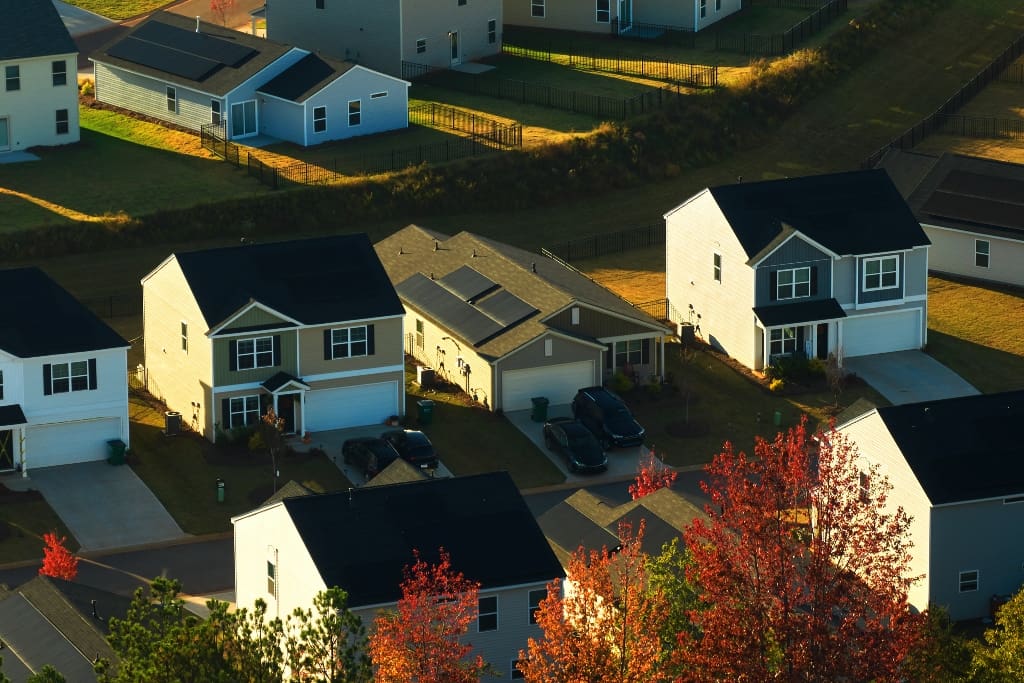Homeowners Associations (HOAs) have become a common feature in many neighborhoods across the country. These organizations are established to maintain and manage shared amenities and enforce rules within a community. While there are benefits to living in an area with an HOA, there are also drawbacks that potential homeowners should consider.
Pros of Homeowners Associations:
- Amenity Maintenance: HOAs often take care of common areas like parks, swimming pools, and landscaping, ensuring they are well-maintained and aesthetically pleasing. This can enhance the overall quality of life for residents and contribute to a sense of pride in the community.
- Community Regulations: HOAs establish guidelines for property upkeep, architectural standards, and behavioral norms, which can contribute to a cohesive and attractive neighborhood. These rules can help maintain property values and prevent issues like neglected properties or inappropriate alterations.
- Dispute Resolution: HOAs provide a framework for addressing conflicts among residents, helping to maintain a peaceful living environment. This can include mediation services, arbitration, or enforcement of community bylaws to resolve disputes fairly and efficiently.
- Property Value: Well-managed HOAs can positively impact property values by preserving the overall appearance and functionality of the community. This can make homes within the HOA more desirable to potential buyers and contribute to long-term investment value.

Cons of Homeowners Associations:
- Fees and Assessments: HOA membership requires regular fees and occasional special assessments, which can add to the cost of homeownership. These financial obligations can sometimes be unexpected or increase over time, affecting affordability for residents.
- Rule Enforcement: Some homeowners may find HOA rules too restrictive or disagree with enforcement actions, leading to potential conflicts. This can create tensions within the community and strain relationships between residents and the HOA board or management.
- Limited Autonomy: Living in an HOA community means abiding by collective decisions, which can limit individual freedom regarding property modifications and lifestyle choices. This may include restrictions on exterior paint colors, yard decorations, or pet ownership, depending on the HOA’s rules.
- Potential Mismanagement: Poorly run HOAs may face financial issues or fail to adequately address maintenance needs, impacting residents’ satisfaction and property values. It’s crucial for homeowners to research the HOA’s financial stability, management practices, and history of maintenance before purchasing a property within the community.
In conclusion, homeowners considering a property within an HOA should weigh the advantages of amenities, community standards, and conflict resolution against the potential drawbacks of fees, rule enforcement, and limited autonomy. Conducting thorough research and understanding the specific HOA’s rules and management practices are essential steps in making an informed decision.
#HOAProsCons #HomeownersAssociations #HOA #homeownership
